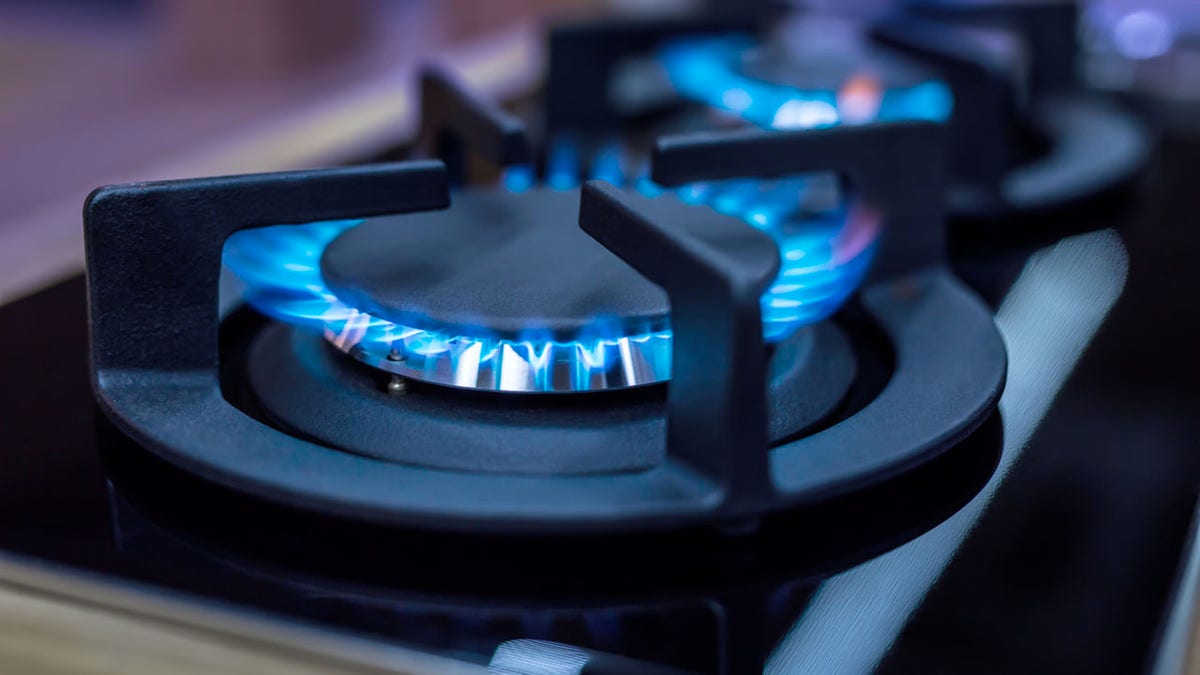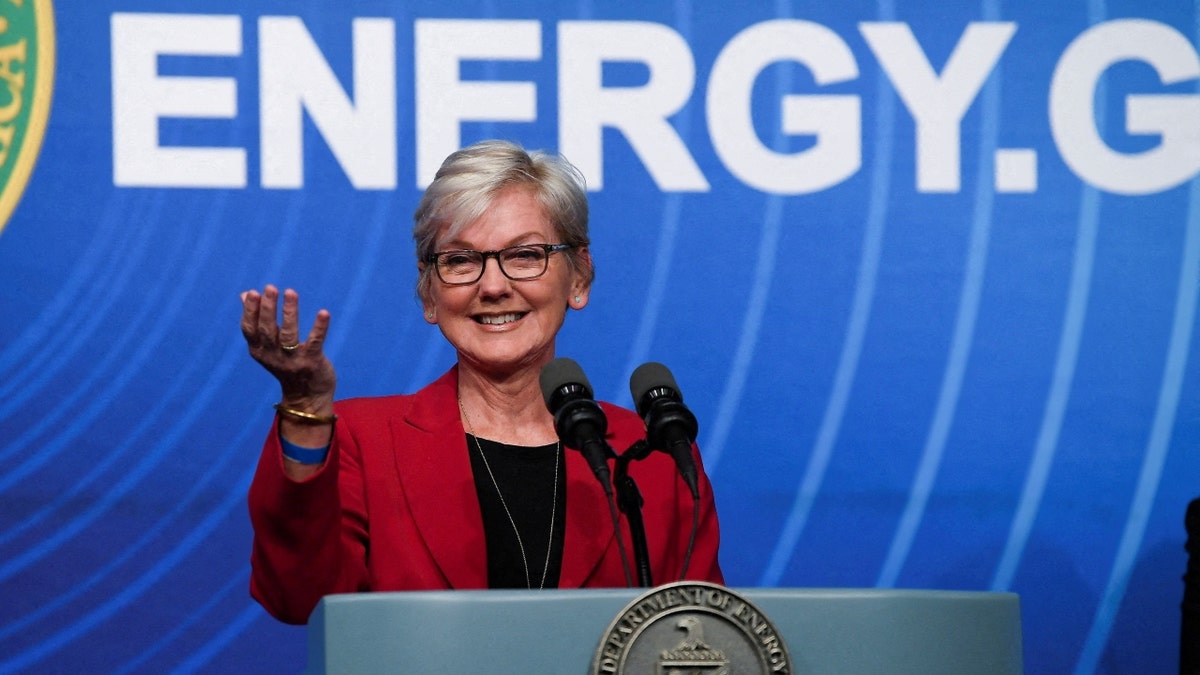DeSantis opposes Biden's gas stove rules
Fox News contributor Joe Concha says restrictions on gas stoves due to health concerns are ‘not practical’ as many restaurants cannot afford additional taxes and electrical grids are already overloaded.
FIRST ON FOX: A new independent analysis published Thursday morning concluded that natural gas-powered stoves are "not a significant determinant of residential indoor air quality."
The analysis — conducted by the California-based Catalyst Environmental Solutions and commissioned by the California Restaurant Association and the California Building Industry Association (CBIA) — examined dozens of existing studies and government reports. It concluded that existing research doesn't establish a significant connection between respiratory illness and gas stove usage despite recent media reports.
"When it comes to indoor air quality of cooking, the main driver of health risk is what you are cooking, not the fuel that you use to cook it," Dan Tormey, president of Catalyst Environmental Solutions and chief author of the report, told Fox News Digital in an interview. "A secondary finding is that the most effective way to protect your health during indoor cooking is to have proper ventilation."
Tormey noted that emissions produced by heating fish in oil, for example, may produce a large amount of emissions, sometimes enough to trigger a home's fire alarm. He said those emissions are more detrimental to respiratory health than whether the food was cooked on a gas stove or electric stove.
RINGLEADER OF GAS STOVE CRACKDOWN TO SPEAK AT HOUSE DEMOCRATS' ANNUAL CONFERENCE

A gas stove is pictured in a home. (iStock)
"It is the entire act of cooking, not just the natural gas, but other elements," he continued. "What you're cooking, the method you use to cook. And, in addition, [existing] studies don't separate out other factors."
"For example, if there's smoking in the home, cigarette smoking, that has a far greater effect than cooking on asthma," Tormey said. "Interestingly, some studies find that if a child is allergic to a pet in the house — a dog, cat, bird — that has a far greater effect on the occurrence of asthma than the act of cooking."
DARK MONEY GROUP PUSHING GAS STOVE CRACKDOWN HAS SIGNIFICANT FINANCIAL STAKE IN GREEN ENERGY
The analysis also concluded that proper ventilation, such as a fan above a stove which is required around the country, is more important than the type of stove used. Cooking food at a higher temperature may also produce more emissions and have a greater impact on health.
And media coverage and reports often highlight conclusions in research regarding the links between gas stoves and respiratory health that aren't made by the research itself, according to Tormey. In fact, large amounts of existing research has found that there is no evidence of an association between gas stove usage and asthma.

Secretary of Energy Jennifer Granholm promoted a study in January that linked gas stoves to childhood asthma. (REUTERS/Mary F. Calver/File Photo)
"This study is really just to address the misnomer that 'people may want it, maybe it cost less and it's easier to get, but you're killing people.' That's just not true," Dan Dunmoyer, CBIA's president and CEO, told Fox News Digital. "This study really just points to the fact that there really is not a health impact based on the fuel source."
"We believe we're a market-driven industry," he said. "So, 87% of our customers when surveyed want to have the option of what type of fuel they have in their home, whether it's gas or electric or hydrogen or solar or whatever they prefer. For us, it's a market-driven world we live in and if the consumer wants an option, we think we should give it to them."
He noted that homes in California, where state leaders have pushed a particularly aggressive electrification of the economy as part of their climate agenda, are already the most energy-efficient.
In early January, a member of the Consumer Product Safety Commission (CPSC) told Bloomberg that "any option is on the table" regarding a potential gas stove ban and that unsafe products can be banned, noting gas stoves were a "hidden hazard." He added that the idea that cooking had to be done on gas stoves was a "carefully manicured myth."
CLICK HERE TO GET THE FOX NEWS APP
In the report, Bloomberg highlighted research published in December showing gas stoves were tied to childhood asthma cases.
However, the Rocky Mountain Institute, a pro-electrification group that funded the study, later walked back the findings and the White House denied that it was interested in banning gas stoves. The Department of Energy, though, has moved ahead with strict restrictions on future stove purchases and the CPSC has asked for public comments on safety of gas stoves.
"The chronic hazards that can arise from toxic emissions should be studied and that is what we are doing," CPSC Chair Alexander Hoehn-Saric said in a statement Wednesday.






